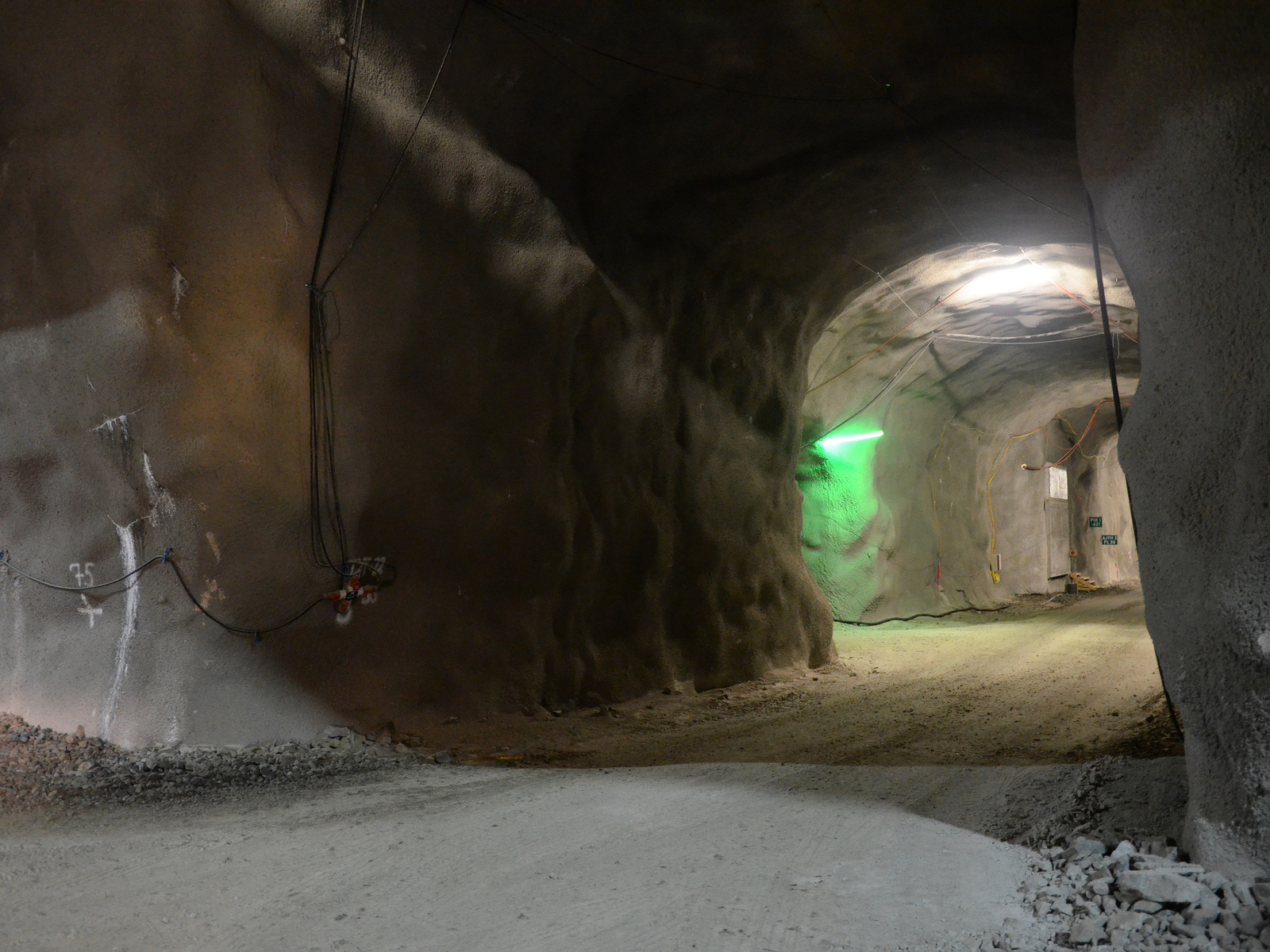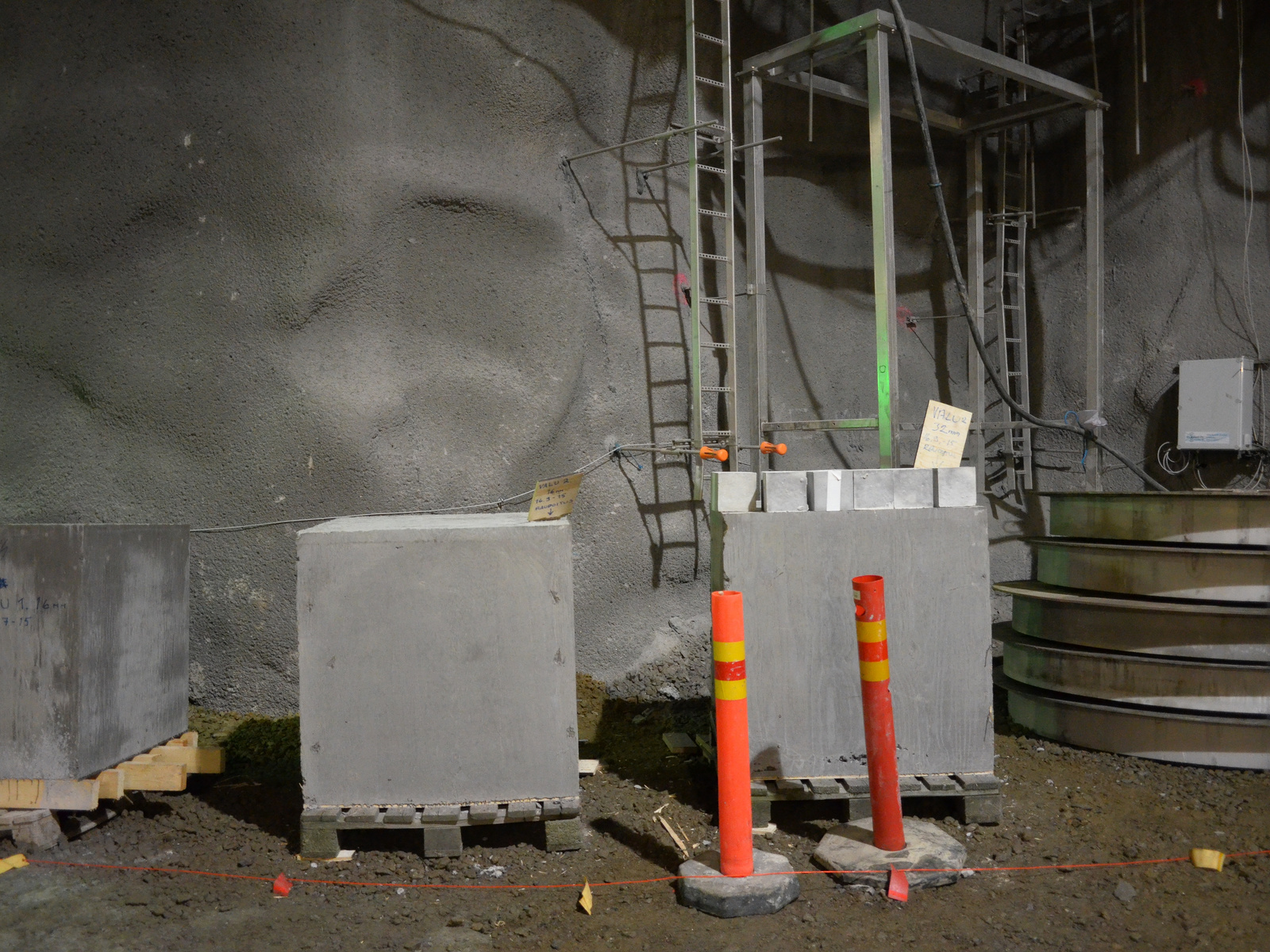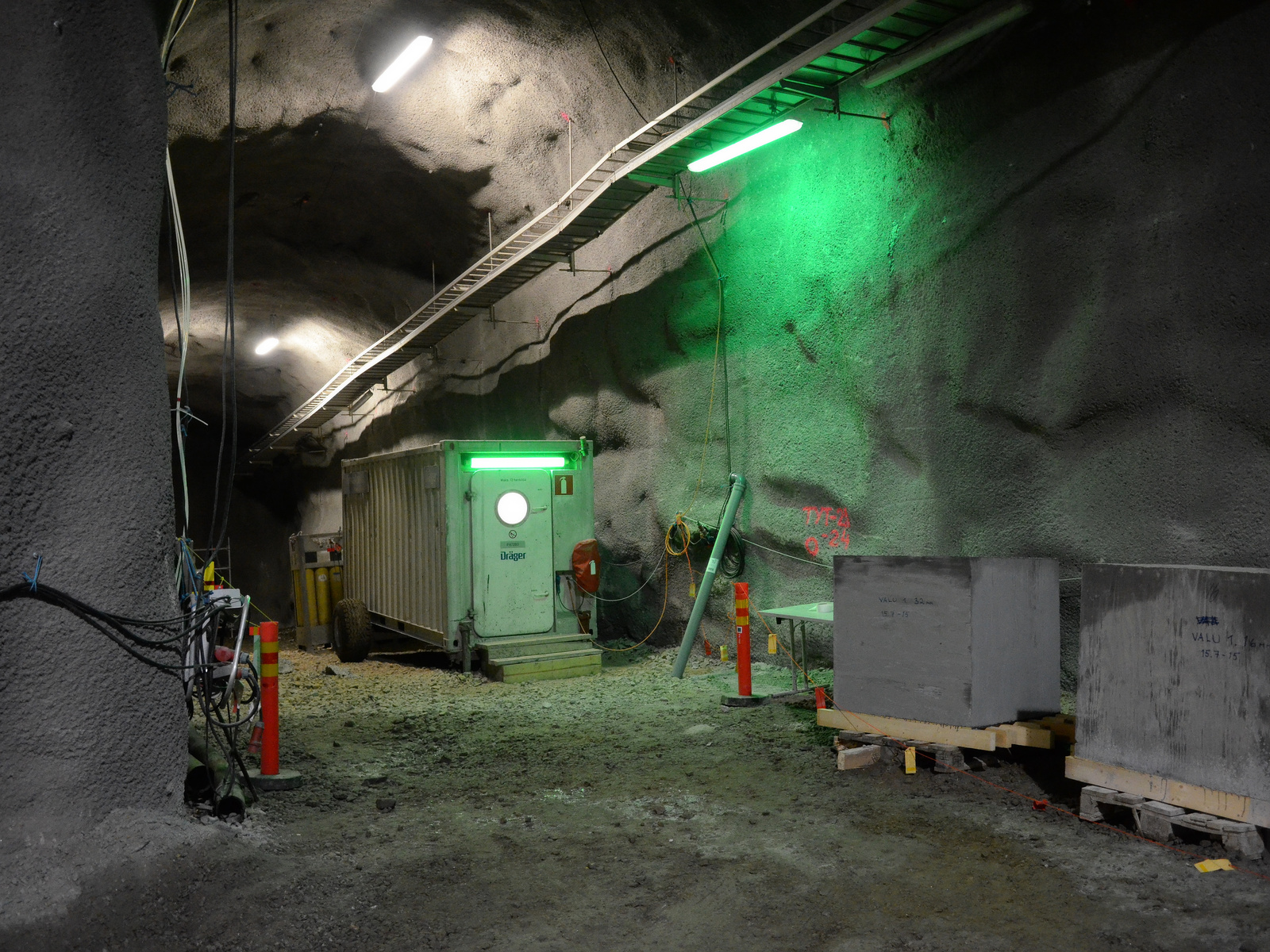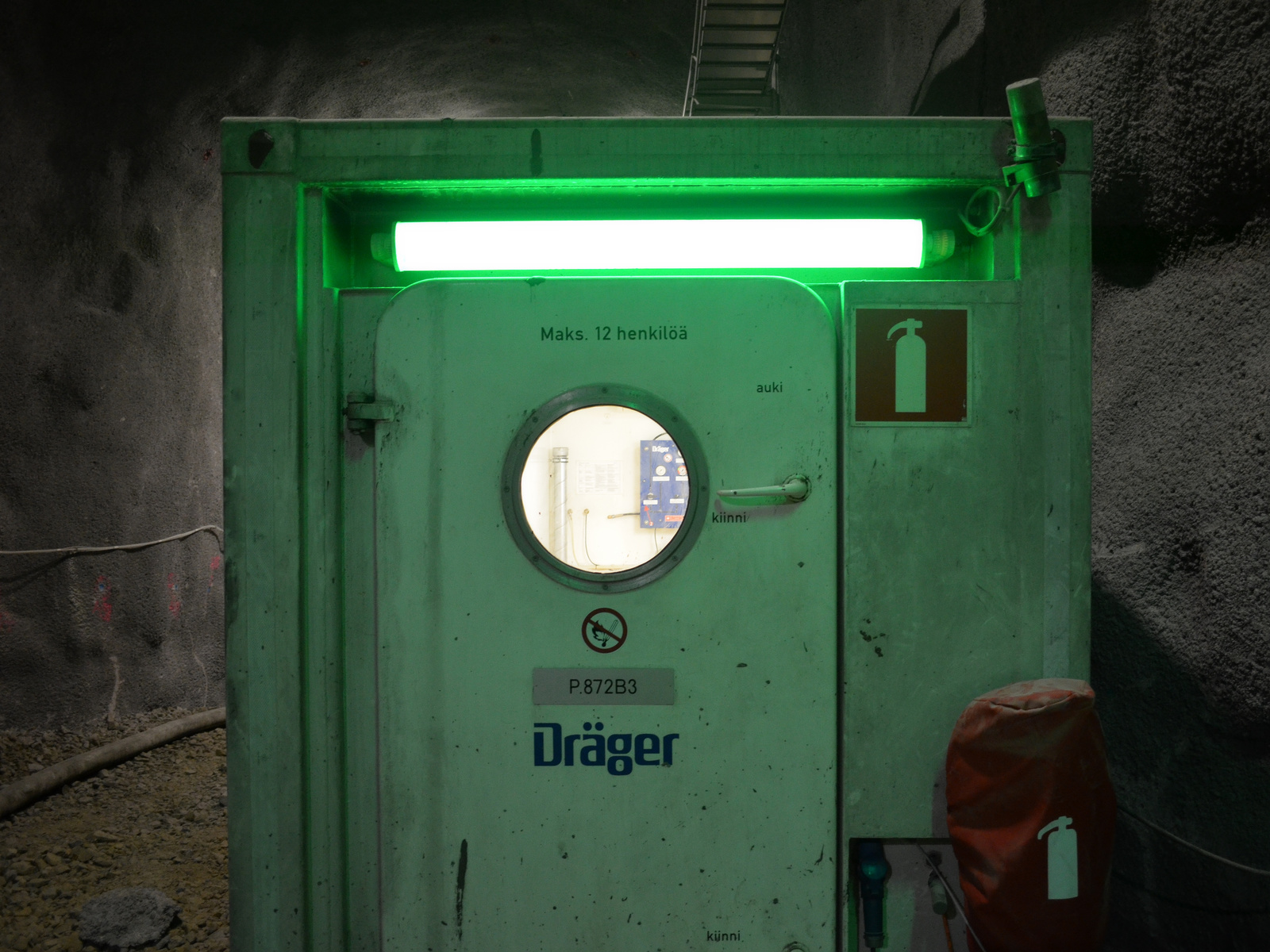N.A.J. Taylor
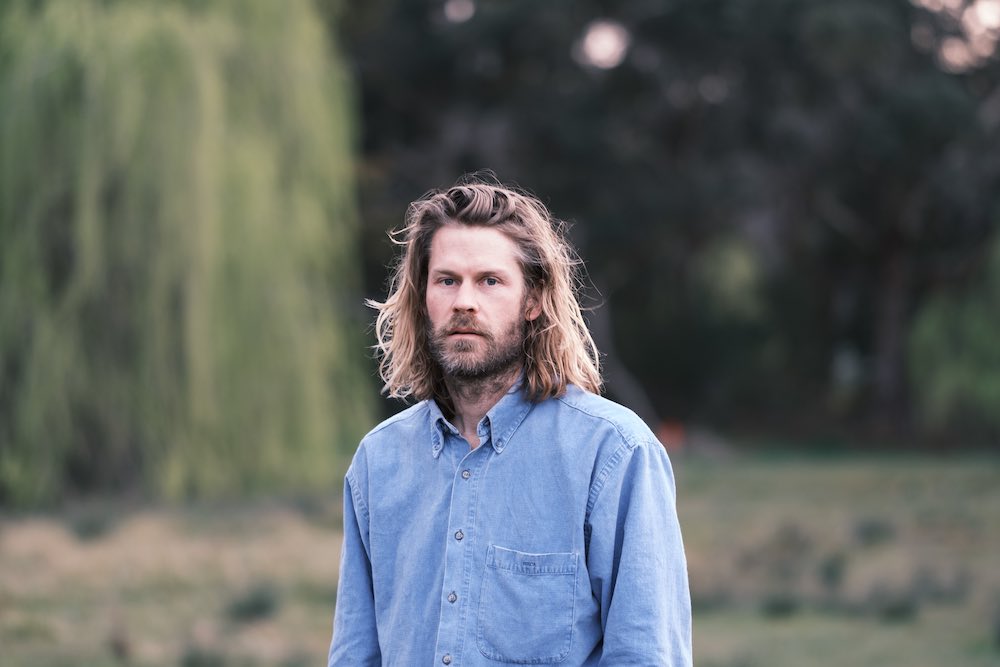
N.A.J. Taylor began making photographs of Australian uranium mining sites in the early 2000s whilst working as an applied ethicist in the institutional investment industry, although did not begin exhibiting or publishing his photography until 2009. It was at this time that he began experimenting with narrative and visual auto-ethnography—or, writing the self—as a means to work through various familial traumas. Notable works of nuclear auto-ethnography include his 2015 exhibition, Nuclear Deferral, which was shown in Australia, Europe and the United States, and the 2019 essay, “Encounters with nuclear space and time”, which was awarded the inaugural Alan Roberts Prize for Nuclear Culture by the scholarly periodical Arena. In addition to his nuclear visual-ethnography, his contributions to the broad interdisciplinary field of the Nuclear Humanities cohere around the themes of dialogue, reimagining and archiving through the prism of the Antipodes. On these themes, he has co-authored or edited two books, Athens Dialogue on a Middle East Zone WMD Free Zone (European Public Law Organisation, 2013) and Reimagining Hiroshima and Nagasaki: Nuclear Humanities in the post-Cold War (Routledge, 2017), as well as two special issues, “Re-imagining Hiroshima” (Critical Military Studies, 2015) and “Reimagining Maralinga” (Unlikely: Journal for Creative Arts, 2018). A major work of Antipodean Antinuclearism is also in the advanced stages of development.
Dr. Taylor is an Alfred Deakin Postdoctoral Research Fellow at Deakin University, as well as an advisory board member of the Atomic Photographers Guild and the Consequences of Radiation Exposure Museum & Archives, amongst other things.
Email: hi@najtaylor.com | www: najtaylor.com

